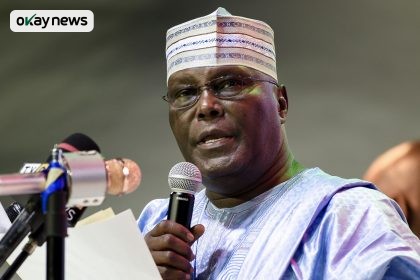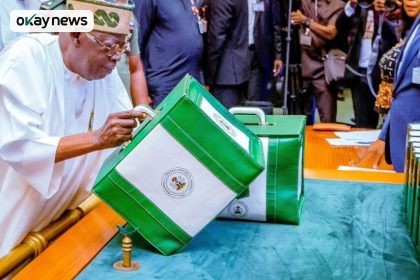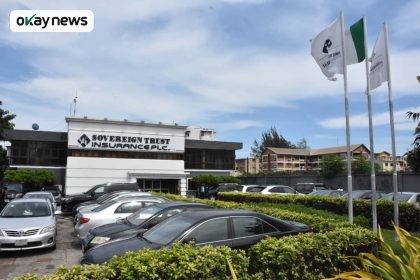The International Monetary Fund (IMF) has lauded Nigeria for its recent fiscal and monetary reforms, citing improved revenue mobilisation and transparency in foreign exchange and reserves management as major gains.
Speaking at the Global Financial Stability Report briefing during the ongoing IMF/World Bank Annual Meetings in Washington, D.C., IMF officials acknowledged Nigeria’s “notable progress” in implementing economic adjustments that support stability.
Tobias Adrian, Director of the IMF’s Monetary and Capital Markets Department, said Nigeria’s efforts to strengthen its monetary policy framework and transition toward a flexible exchange rate regime were essential for long-term resilience.
The Fund observed that the country’s tighter monetary stance has helped reduce inflation from over 30 percent in 2024 to around 23 percent in 2025 while improving the Central Bank of Nigeria’s external reserves position.
“The direction of travel appears to be positive,” an IMF representative stated, adding that greater fiscal discipline and exchange rate reforms have restored investor confidence.
Nigeria’s reform drive forms part of wider macroeconomic measures aimed at stabilising fiscal operations, enhancing debt management, and attracting sustainable foreign investment.
As a result, the IMF revised Nigeria’s 2025 growth projection upward to 3.9 percent — a 0.5 percentage point increase from its earlier estimate. The 2026 forecast was also raised to 4.2 percent, reflecting stronger oil production, improved security, and favourable investor sentiment.
The Fund attributed the growth upgrade to a combination of improved macroeconomic indicators, steady appreciation of the naira since July, and limited exposure to new U.S. trade tariffs.
It further encouraged Nigeria and other Sub-Saharan African nations to sustain fiscal discipline, strengthen institutions, and continue structural reforms to protect against volatility in capital flows and commodity prices.
According to the IMF, Sub-Saharan Africa’s outlook remains stable, with Nigeria and Ethiopia leading the region’s reform momentum, while resource-dependent and conflict-prone countries face lingering vulnerabilities.







